Account
Loading...

A federal judge in Kentucky granted a preliminary injunction halting a Biden administration regulation requiring farmers to allow temporary foreign-migrant workers to engage in collective bargaining.

The Alabama Department of Agriculture hopes a federal grant will help build Alabama’s food supply chain.

Alabama agriculture can’t afford ESG mandates. We need Alabama elected officials at all levels of government to fight back on these ESG proposals.

Alabama has fertile land, natural resources and plenty of agricultural opportunities for farmers. However, national trends of fewer exports and higher costs have many farmers struggling to stay afloat.
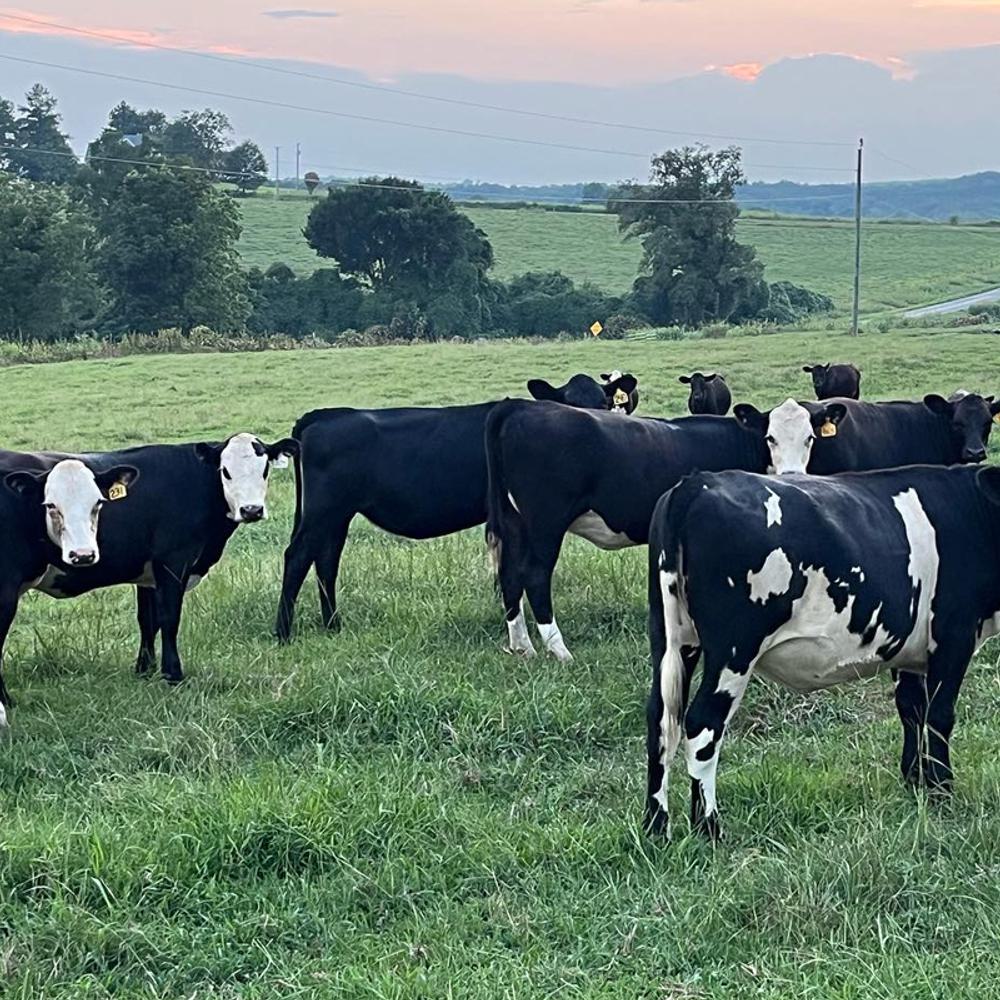
Several aspects of the current farm bill are getting feedback from Alabamians.
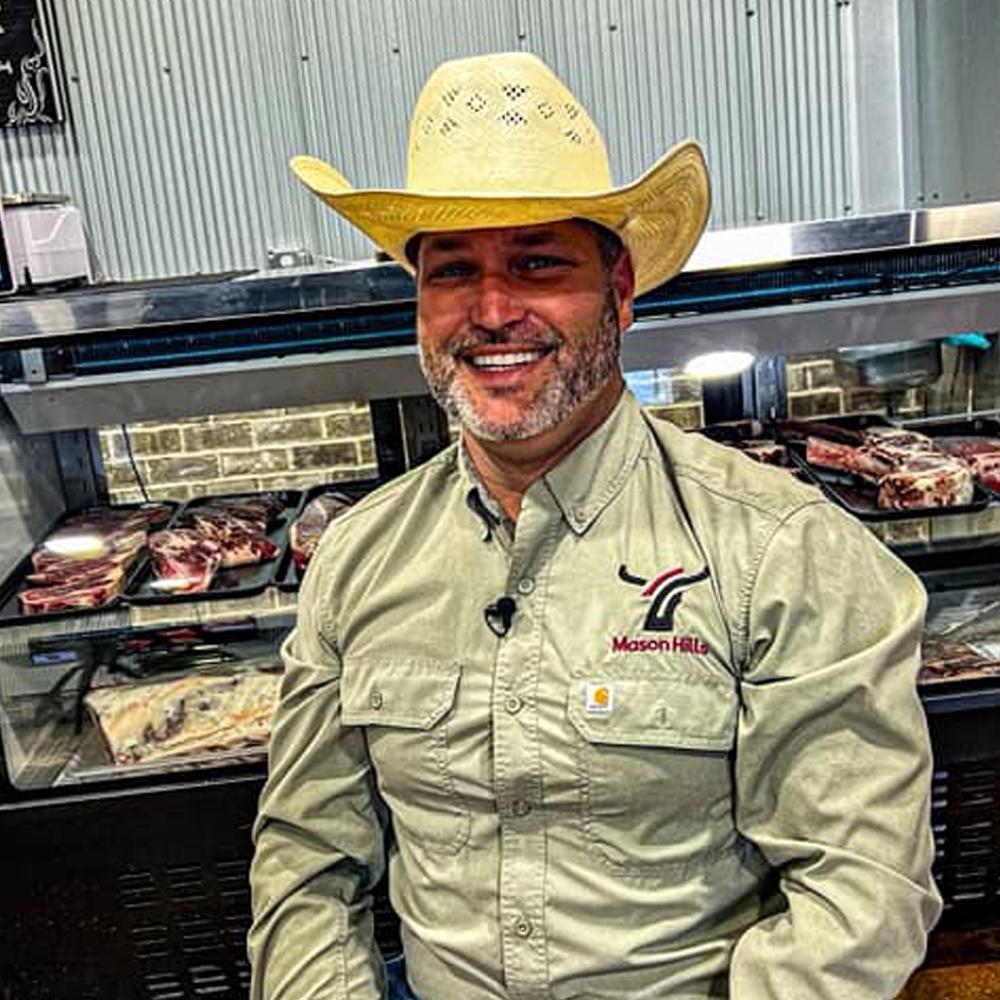
Over 1,500 people came to Grand Bay over the weekend to celebrate the grand opening of 4-Bulls retail store at Mason Hills Farm.
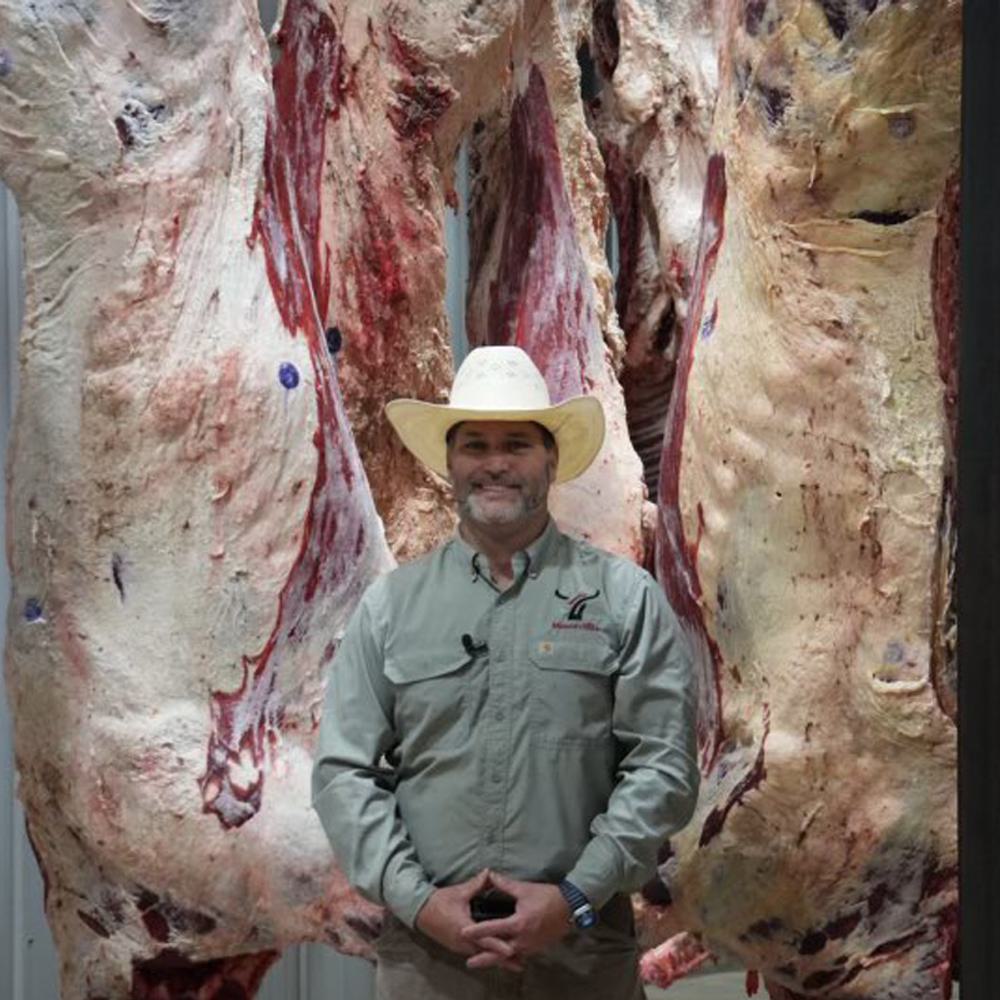
Mason Hills Farm, in Grand Bay, not only raises cattle, it is also a USDA-inspected beef processing plant. While the threat of lab-grown meat looms, Mason is proud of his product and said he doesn’t think there is anything better than real meat.

U.S. Rep. Jerry Carl (R-Mobile) released his fifth TV advertisement on Friday in the Republican primary election for the first congressional district. The ad titled "Nuts" highlights Carl's record of being a conservative who has delivered on Trump's agenda and doesn't back down to the liberal nutjobs in Washington, D.C.
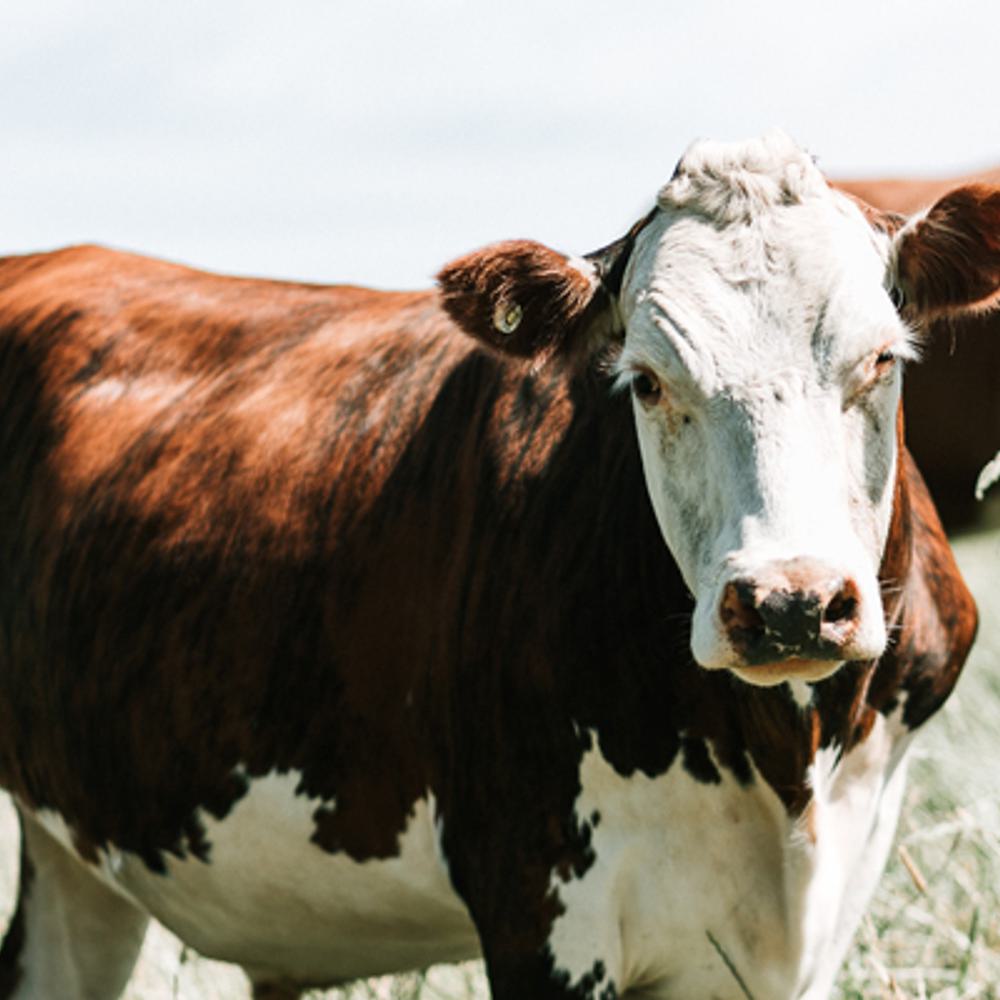
Alabama agriculture commissioner Rick Pate is one of 12 commissioners nationwide signing onto a letter demanding six of the largest banks in the nation stop participating in woke agendas.

U.S. Sen. Tommy Tuberville (R-Auburn) joined a bipartisan group of U.S. Senators by introducing the Agricultural Foreign Investment Disclosure Improvements Act of 2024 to collect more information about foreign ownership of American farmland.
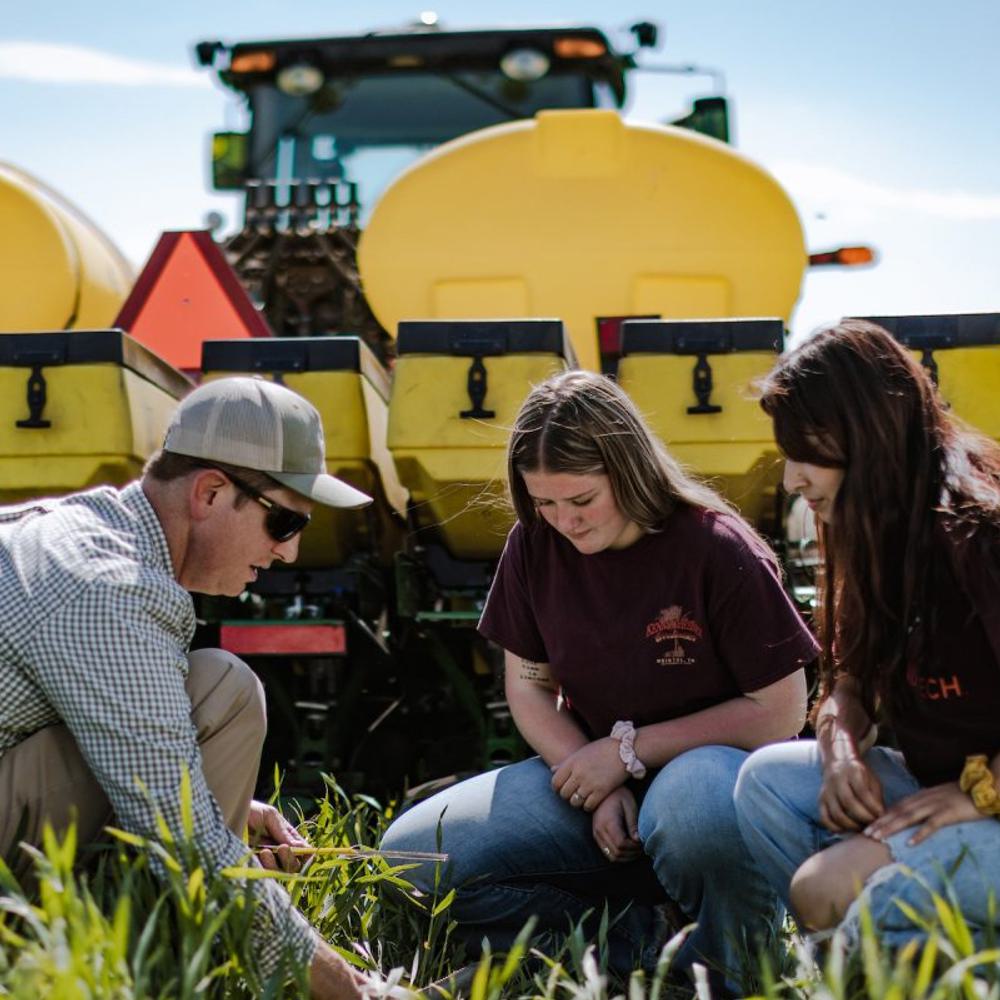
Following a recent tour of an agriculture program at Virginia Tech, one Alabama lawmaker says he wants to see something similar at Auburn University.
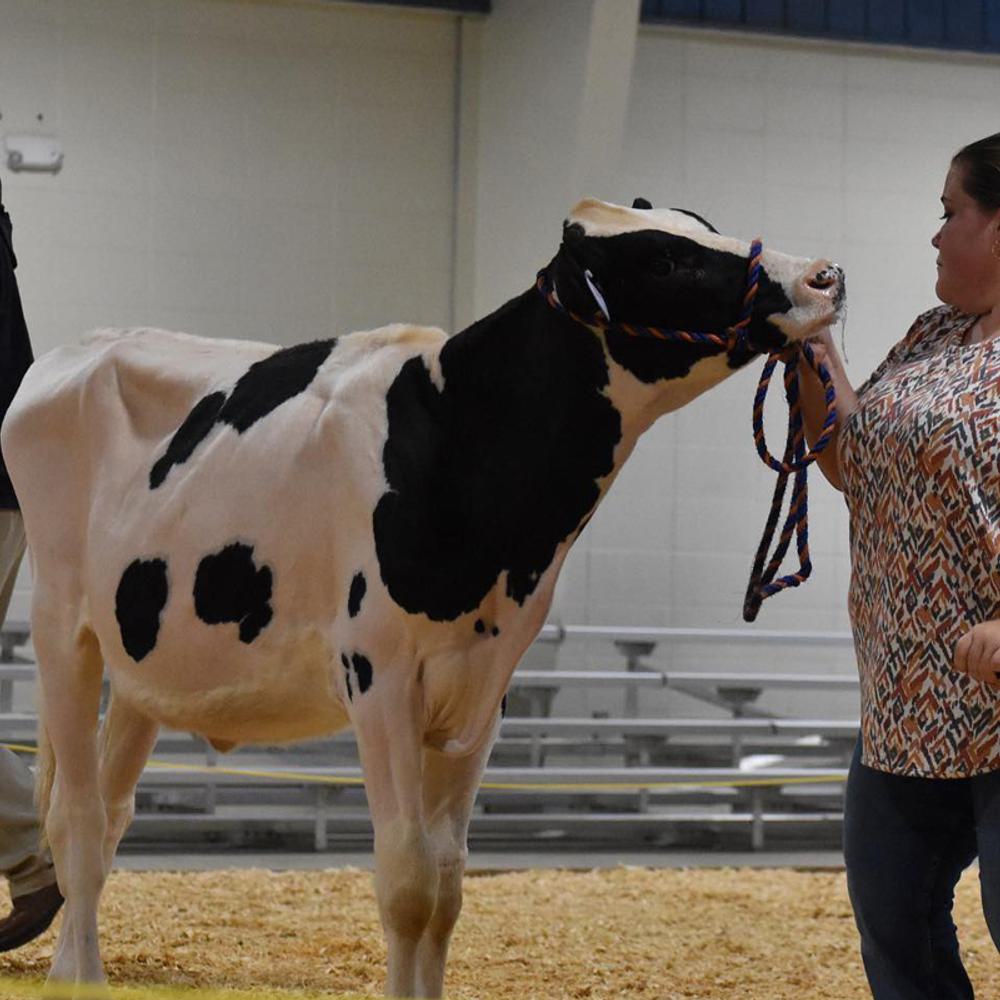
There’s something about an open field that makes our souls smile from the inside out. The cool breeze, the soft grass and all of the life that God created under a big blue sky.
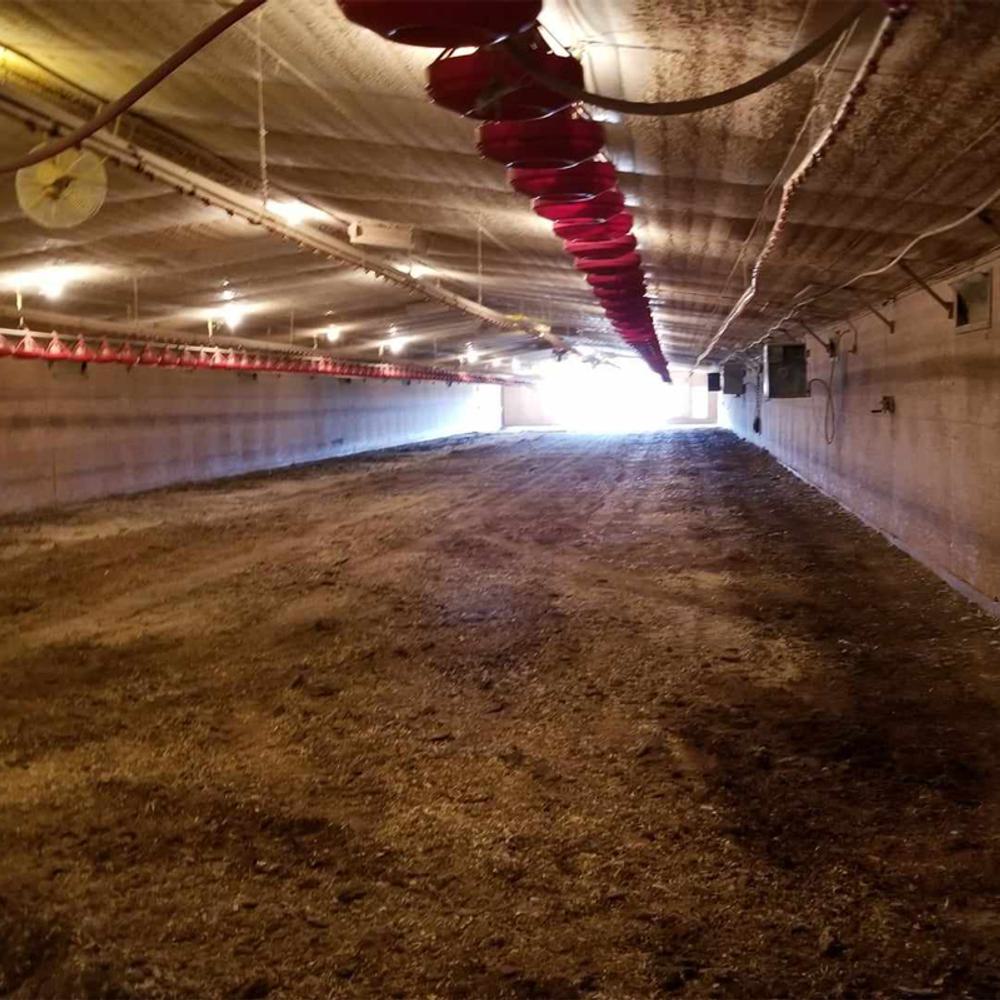
Country roads lead many Alabamians home from work each day. The roads we travel become engrained in our memories and we can see them clearly even when we’re miles away. Some of those roads are made of red dirt and sparkling mica. At the end is a small farmhouse and large rows of chicken houses. But for many, that’s where the road ends.
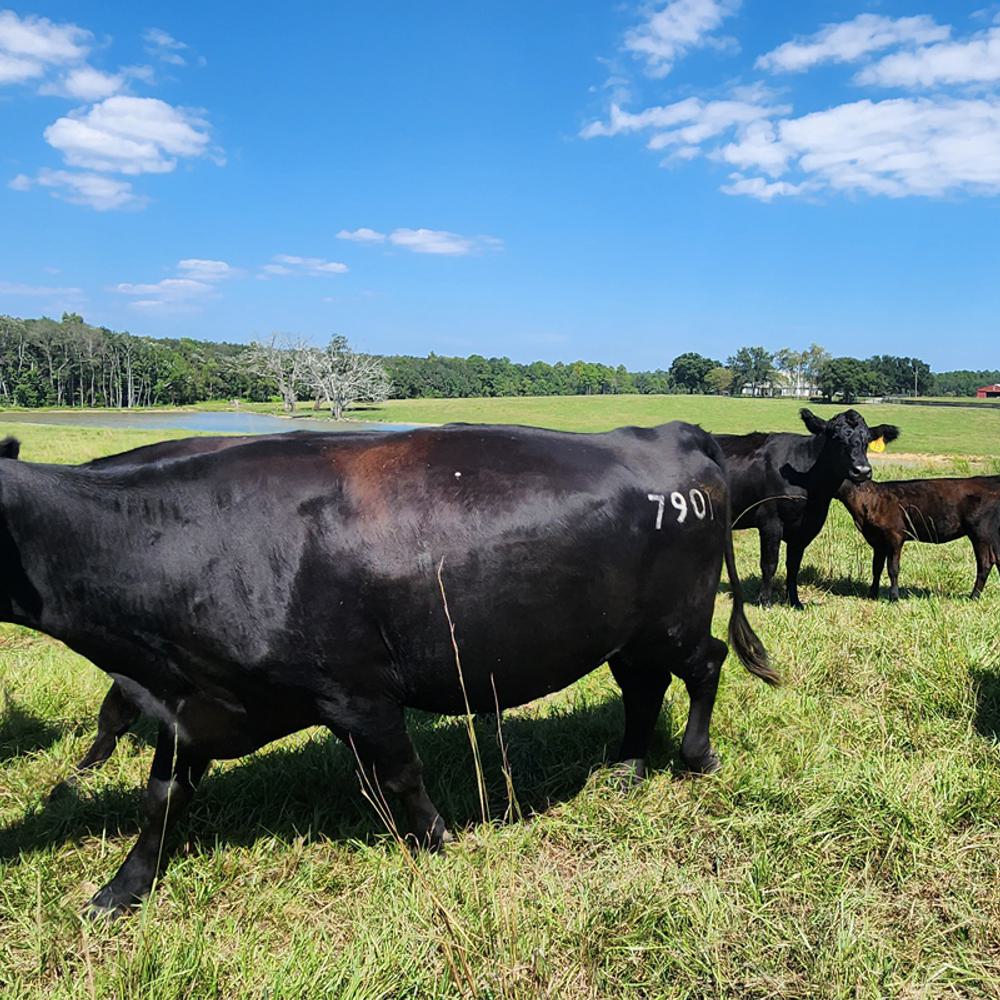
From farm to table is a true statement for the folks at Mason Hills Farm in Grand Bay, Alabama. The sprawling farm in southwest Mobile County has around 150 heads of cattle, including Black Angus cattle.

After three generations of dairy farming, the Gilmer Family Farm in Lamar County is now producing cattle for beef. The dairy heifers have been sold and life is a lot different on the farm.
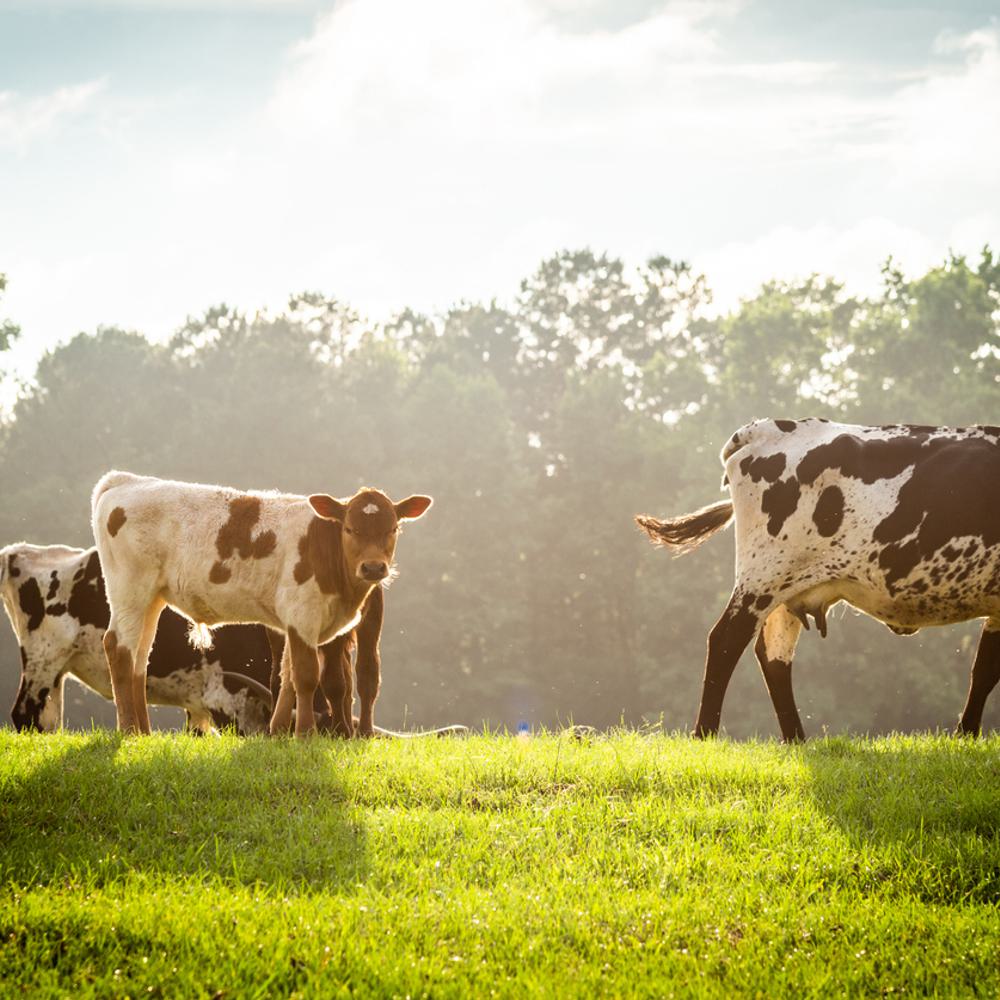
In anticipation of the 2023 Farm Bill, Alabama Commissioner of Agriculture and Industries Rick Pate and U.S. Sen. Tommy Tuberville (R-Auburn) will hold public hearings and discussions for citizens to voice their concerns.

“I want to encourage business owners who are currently engaged in or thinking of starting to process meat (cattle, swine or poultry) to apply for this beneficial program,” said Commissioner of Agriculture and Industries Rick Pate.

The 2023 Waters of the United States (WOTUS) rule is no longer in effect in Alabama after a ruling by a federal judge in North Dakota halted implementation of the rule on Wednesday.
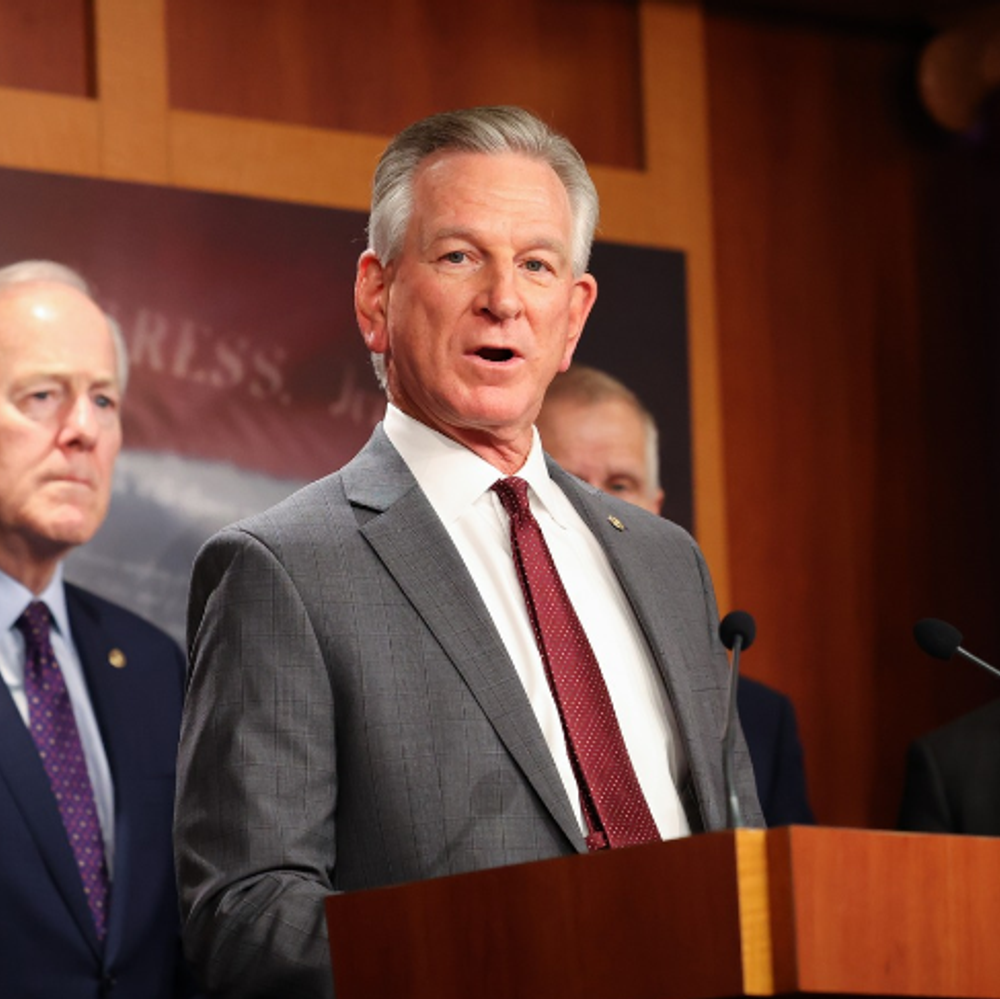
Through a global pandemic, historic inflation and crippling supply-chain issues, we are seeing just how critical food security is to national security.
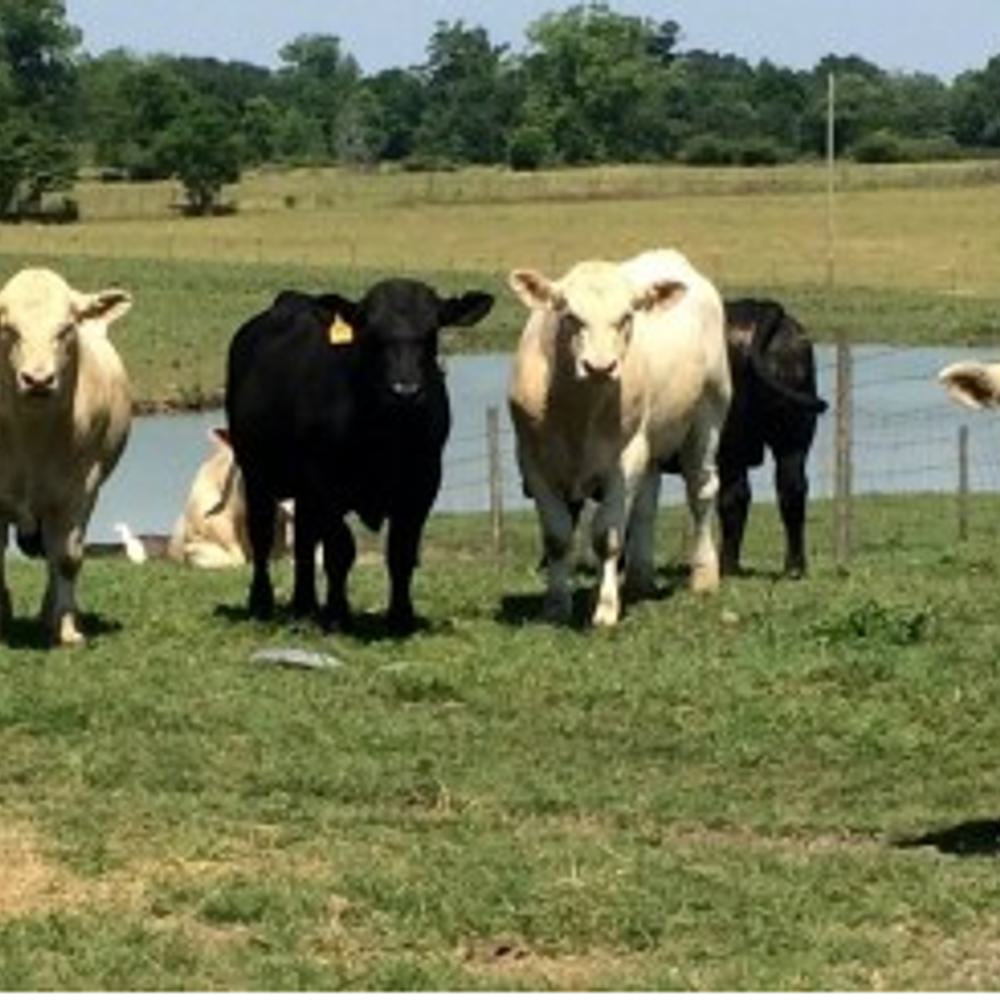
“Instead of punishing those in the packing industry and deputizing bureaucrats to force more rules and regulations on the American people, we should be doing all we can to slice red tape, repair the broken supply chain, and end the federal government overspending fueling historic inflation,” Moore said.
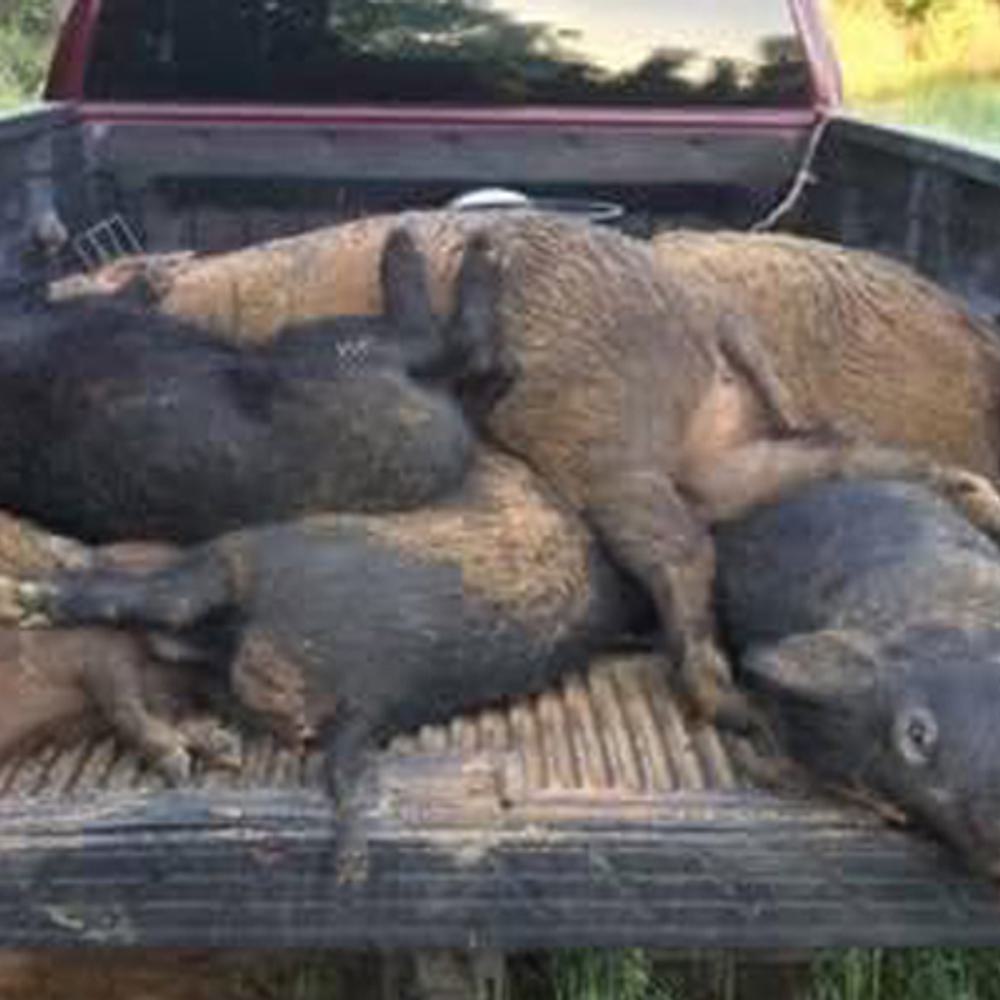
The Alabama Cooperate Extension Service said that Alabama’s growing wild pig menace is causing millions of dollars in damage for Alabama farmers and landowners, while also harming Alabama’s native wildlife, both plant and animal.
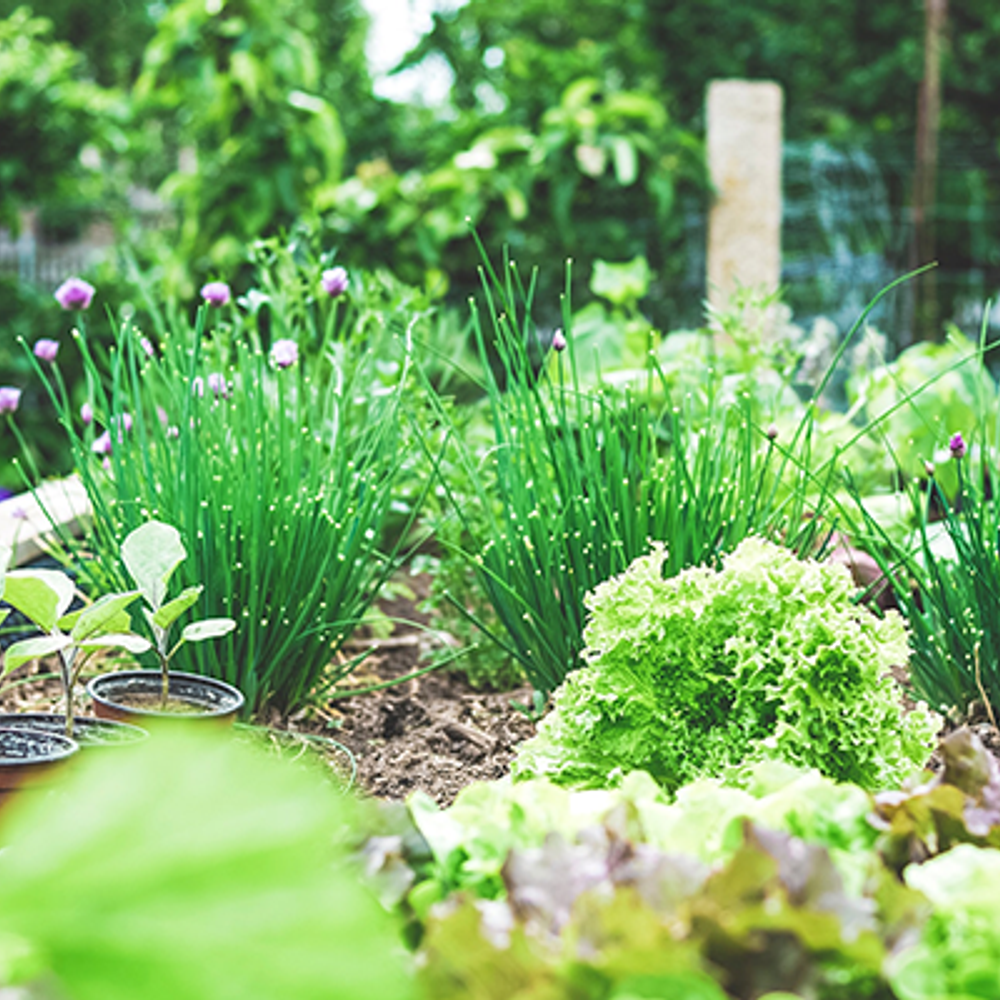
As poultry and produce prices skyrocket due to inflation, many Alabamians are looking for ways to keep food on the table without taking a hit. Some have turned to growing and raising their own food.
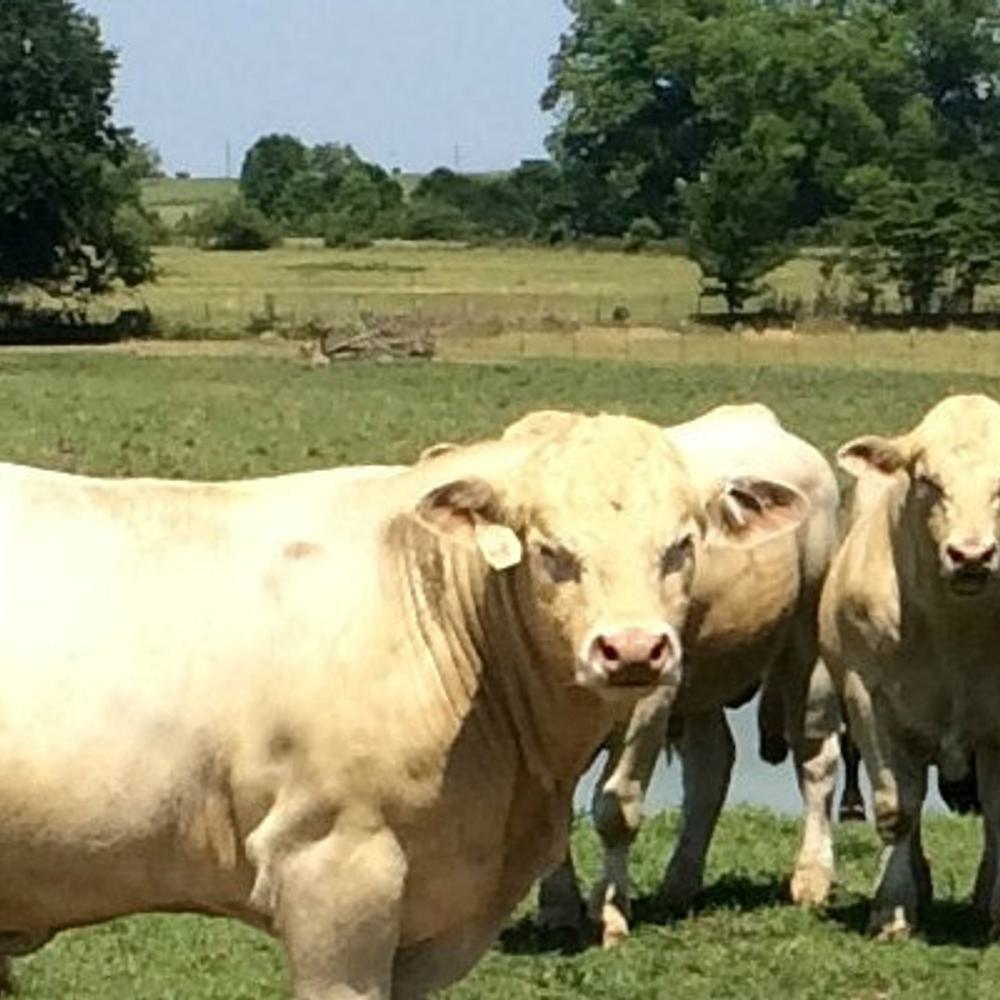
Alabama Farmers are paying more for fuel, fertilizer, seed, pesticides, parts, and labor than ever before the 1819 News learned in an investigative report.
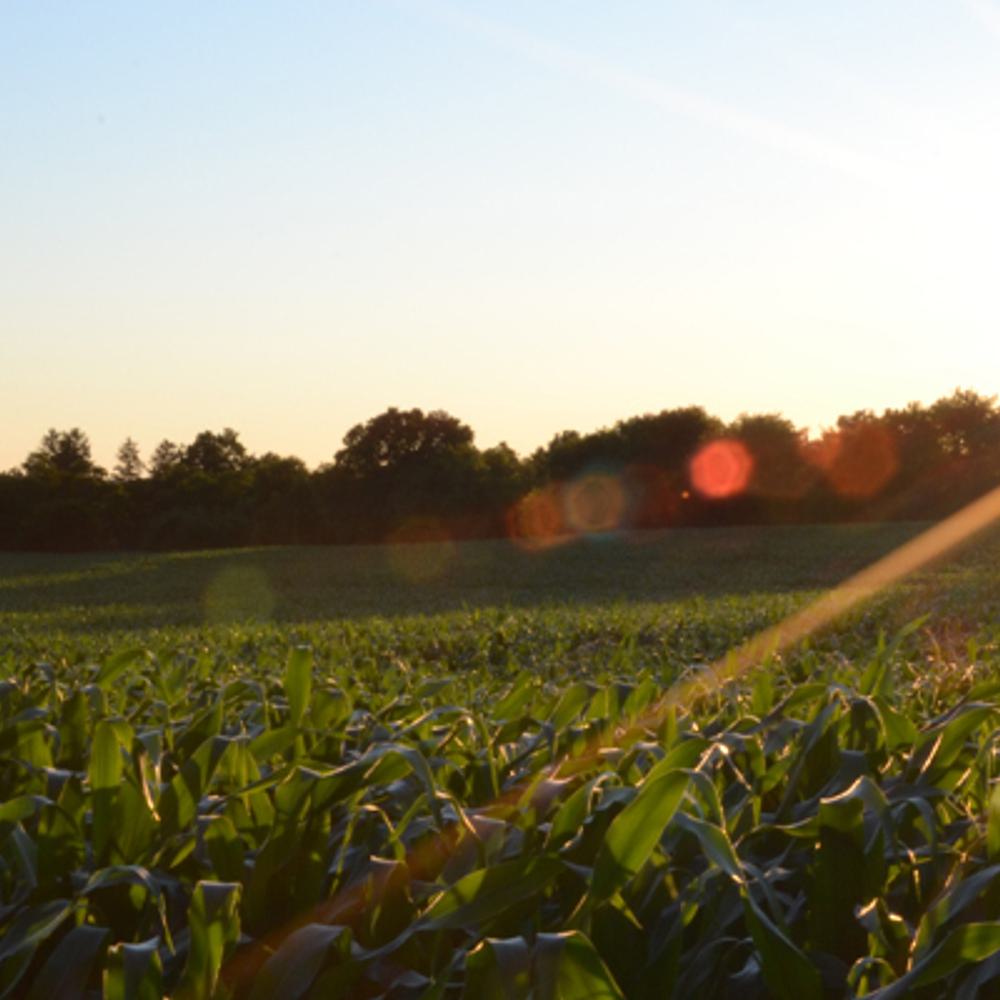
The U.S. Department of Agriculture (USDA) announced on Wednesday details of the Biden administration’s plan for a framework to transform the food system.
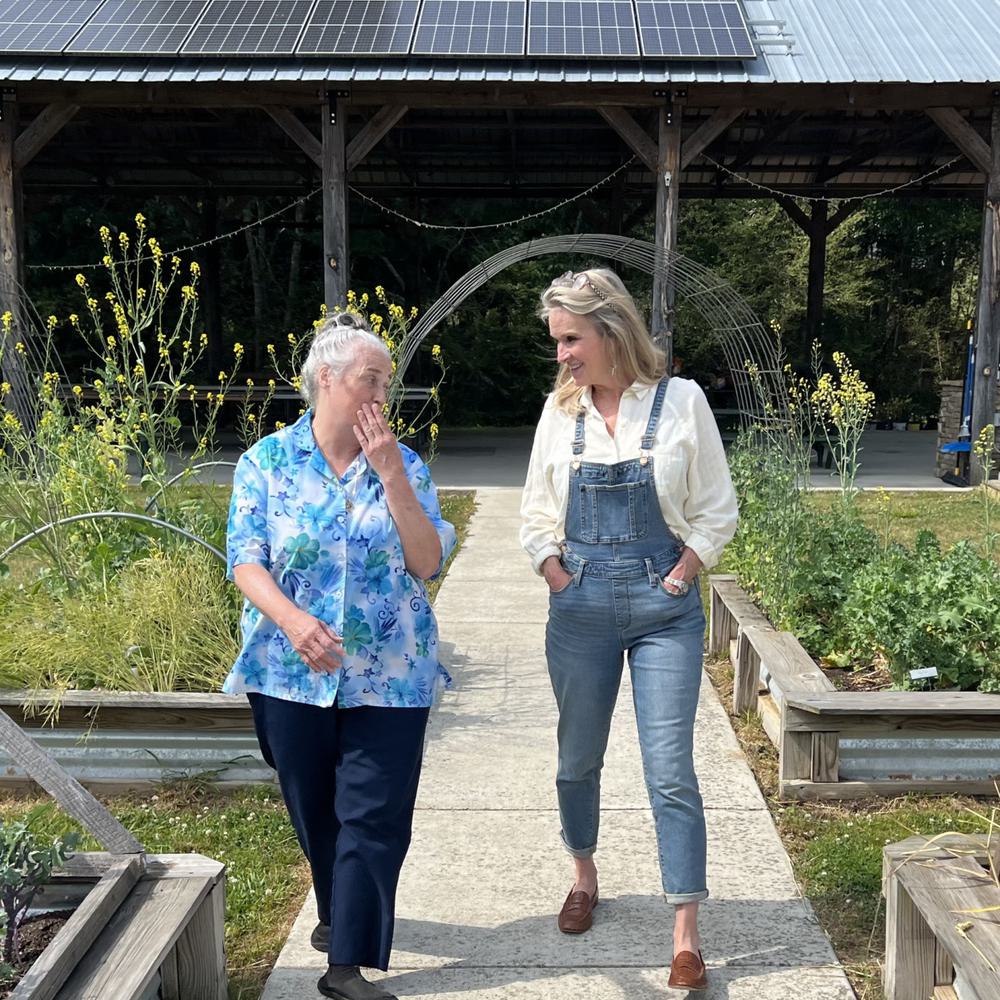
“Alabama’s hardworking farmers deserve a governor who will invest in them as much as they’ve invested in ensuring a safe and abundant food supply for our people.,” Lindy Blanchard said on Wednesday.
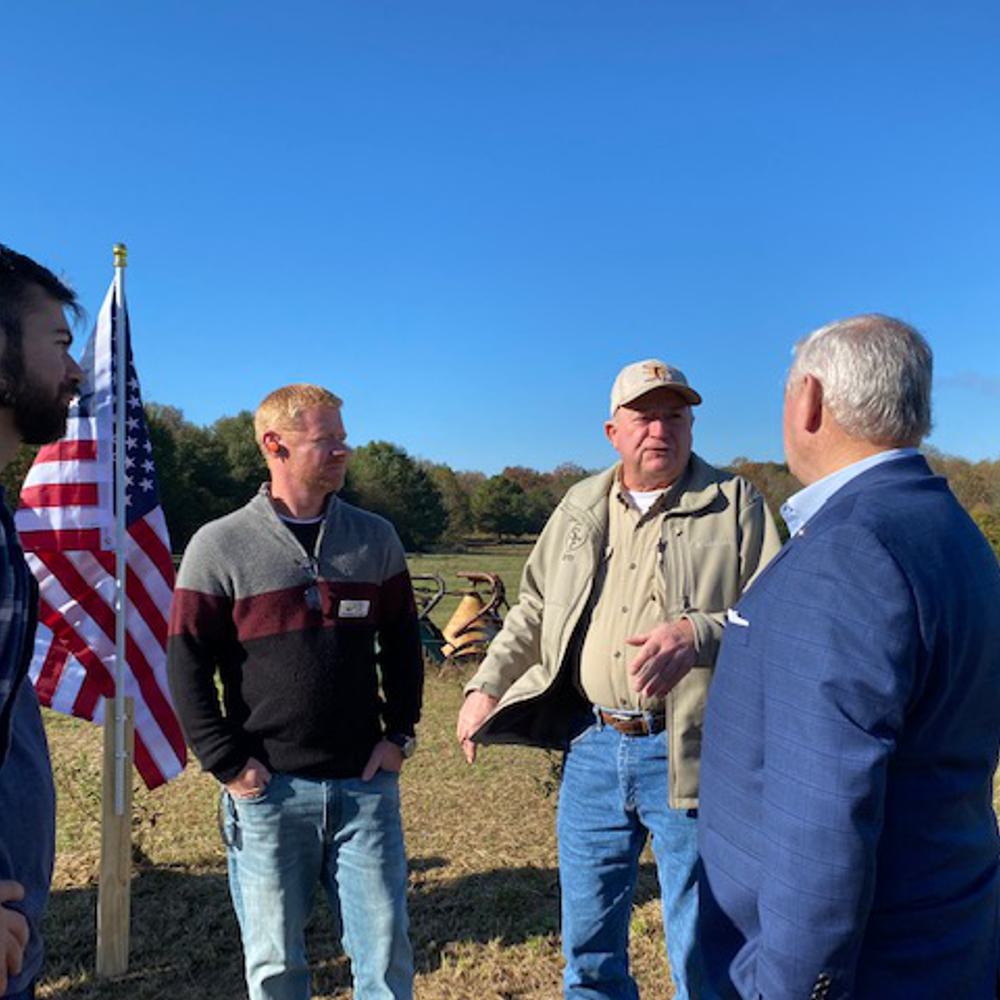
By Randy Tatano You’ve probably never heard of a “therapy farm,” which isn’t a farm in a traditional sense. It doesn’t produce anything...

By Craig Monger A few rural areas in northwest Alabama can look forward to a large advancement to their local water infrastructure....